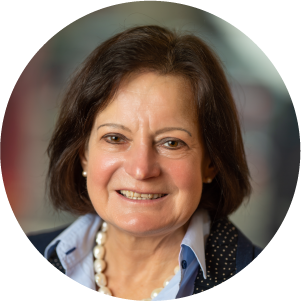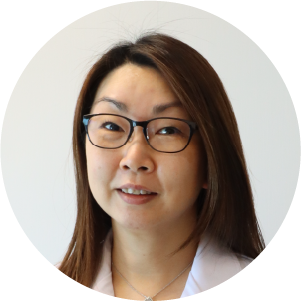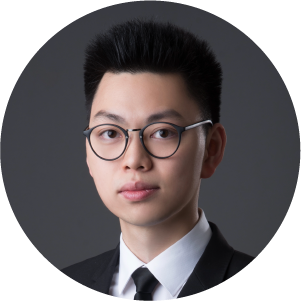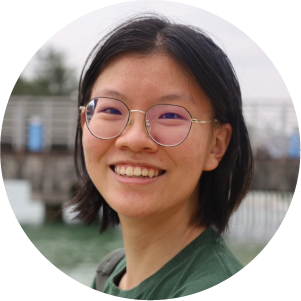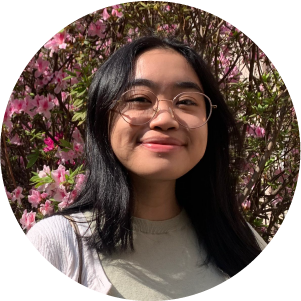Communication-intensive Courses Symposium 2023

Date: 3 May, 2023 (Wednesday)
Time: 9:30 am – 4:30 pm
Venue: Digital Interactive Lab, Main Library
Target Audience: All HKU staff (including those who have badged CIC courses and those who haven’t)
Objectives
At the end of the Symposium, participants will be able to:
- Understand the need for academic literacy across the curriculum
- Know how to embed academic literacy in disciplinary course teaching
Programme
| Time | Activity |
| 9:30 – 9:35 | Opening
Speaker: 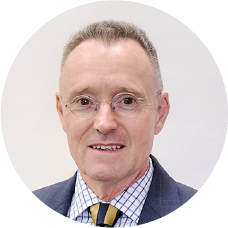 Professor Ian Holliday
Vice-President and Pro-Vice-Chancellor (Teaching and Learning), HKU |
| 9:35 – 10:20 | Keynote: Integrating development of students’ communication skills into course teaching and assessment I will begin by discussing the need for integrating the development of communication skills into subject teaching, as these skills are discipline-specific and require students’ understanding of the discipline’s communicative conventions and discourses. As communication is integral to disciplinary knowledge construction and transfer, communicative competence cannot be separated from subject knowledge, but needs to be developed as part of subject teaching. For various reasons, however, many subject lecturers reject, or struggle with, the responsibility to teach communication skills. The aim of my talk is to demonstrate how students’ communicative competence, particularly in speaking and writing, can be enhanced as part of lecturers’ regular teaching and assessment practices. I will propose five methods of integrating a focus on communication into teaching and assessment and show examples of the use of these methods across several disciplines. Lastly, I will explain how subject lecturers, who are often not explicitly aware of their discipline’s communicative conventions, can be supported by language/English for Academic Purposes specialists in applying these methods. Speaker:
|
| 10:20 – 10:30 | 10 min break |
| 10:30 – 11:00 | Teacher voices: Developing content knowledge through writing Teachers share their experience enhancing senior level students’ written communication competence in law and medicine courses. Speakers:
|
| 11:00 – 11:15 | Student voices: Can writing be enjoyable? Students share their experiences developing their writing skills in CiC Common Core and faculty courses. Speakers:
|
| 11:15 – 11:25 | 10 min break |
| 11:25 – 12:25 | Peer consultant voices: It takes a student to teach a student The Writing Centre coordinator and writing peer consultants share how consultations are structured to help students with their written academic assignments in multiple disciplines. Speakers:
|
| 12:25 – 14:00 | 1.5 hrs Lunch |
| 14:00 – 15:30 | Enhancing students’ academic writing through genre analysis and targeted feedback In this workshop, I offer more details on, and some hands-on experience of, two of the methods that I proposed in my talk. Both methods aim at the enhancement of students’ academic writing competence. The first involves the creation of teaching/learning resources that enable students to carry out analyses of annotated exemplars of assignment genres. I will provide various examples from a range of disciplines where this method was applied. The second method is concerned with the type of feedback lecturers provide on students’ written texts. I will show examples of lecturers’ difficulties in the exact identification of weaknesses in texts, which prevent them from formulating formative feedback comments. Participants will be asked to collaboratively analyse some extracts from student texts, pinpoint their shortcomings and formulate feedback comments that help students to address these shortcomings. Speaker: |
| 15:30 – 16:15 | ChatGPT, write me an essay on… Panel discussion on how generative AI will impact the teaching and learning of written communication in higher education Speakers: 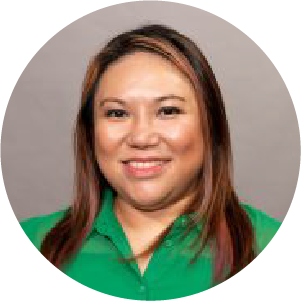 Dr. Michelle Raquel
CAES, HKU 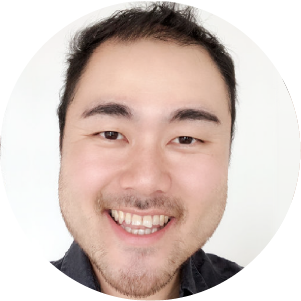 Dr. Jack Tsao
Common Core, HKU 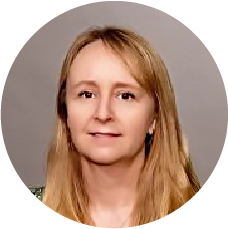 Dr. Miranda Legg
CAES, HKU 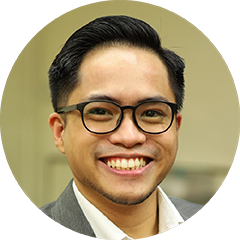 Donn Gonda
CETL, HKU |
| 16:15 | Closing
Speakers:  Prof. Julian Tanner
Director, Common Core, HKU |
For information, please contact:
Mr. William Yieu, CETL
Phone: 3917 8192; Email: wyieu@hku.hk




